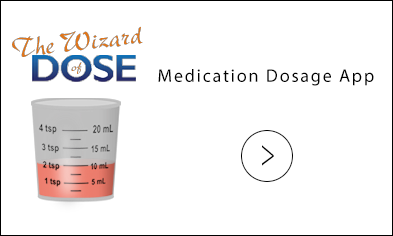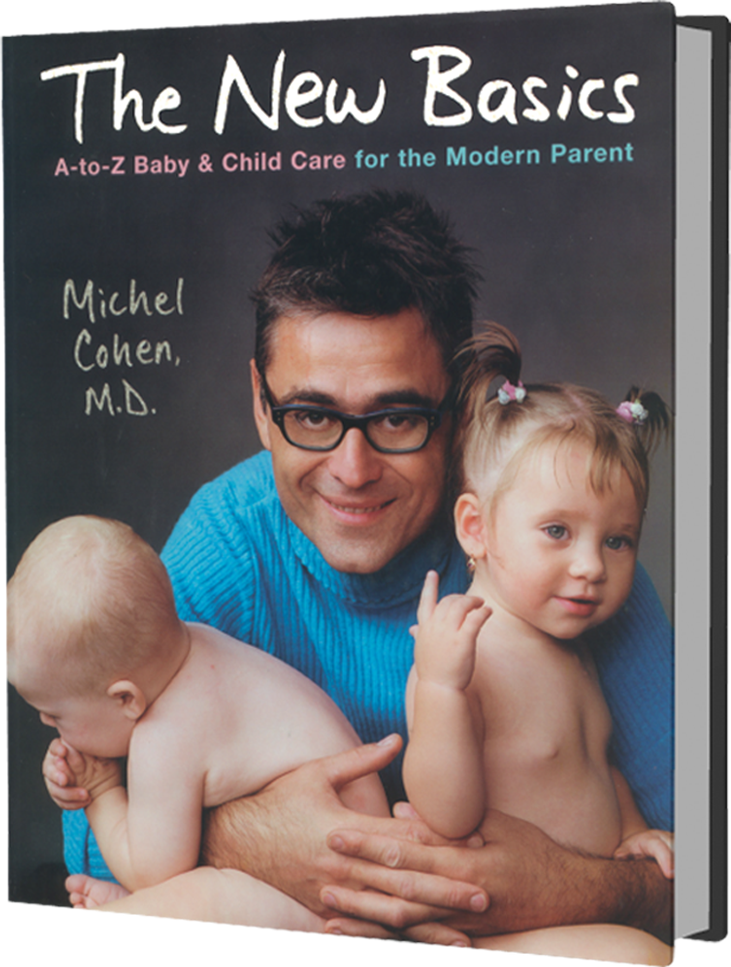
Attention Deficit Disorder (ADD)
Attention deficit disorder (ADD) is the medical term used to describe children who experience trouble focusing and concentrating and who exhibit hyperactivity and impulsiveness. The condition and its causes are poorly understood. Researchers are increasingly attempting to find a link to a brain dysfunction, but so far they have no conclusive evidence.
I believe ADD is both over-diagnosed and over-treated. Many children who don’t have ADD are impulsive and have a low tolerance for frustration. The pattern can take root at an early age, when a toddler fails to acquire proper frustration management skills and a sense of boundaries. Parents play a major role in the early acquisition of these skills, and inconsistent responses to a toddler’s frustration can foster this behavior. These children become so preoccupied with control issues that they lose their ability to focus on other matters, such as a school curriculum, an art project, or a play activity. This can lead to low self-esteem and unhappiness, which in turn reinforce the impulsiveness. Too frequently, these children end up misdiagnosed and treated for ADD. This quick fix suggests that the problem stems from some faulty wiring in Jimmy’s brain rather than from fundamental issues of parenting and discipline.
The treatment of true (medical) ADD relies primarily on brain stimulants (the most popular being Ritalin), which do not “cure” the condition; they simply help kids focus and calm down. We don’t know exactly why these medications work and to what extent. It’s hard to study them, because the initial diagnosis of ADD is so subjective and the tangible improvements hard to measure. Other classes of drugs are being investigated, such as antidepressants, but it’s too early to judge their efficacy.
In my experience, in cases of true ADD, the medications are pretty good at producing significant behavioral modification soon after the start of treatment. Concentration improves more dramatically than impulsiveness and hyperactivity do, though they are related phenomena: Once a child can concentrate better, his improved self-esteem usually leads to less impulsiveness.
Children generally tolerate ADD drugs well. The few short-term side effects—decreased appetite, tics, and insomnia—can be managed by decreasing the dosage. Long-term side effects appear to be low as well, at least for Ritalin, which has been around for many years.
Most kids with true ADD grow up to become balanced adults. With proper support, they learn to manage their concentration spans and to choose activities that are appropriate to their skills and abilities.
One final word on the issue: It is estimated that up to 5 percent of American children show signs of ADD, a sharp increase in comparison with ten years ago. Drug companies don’t seem to mind this increase, and while they will no doubt insist that they are simply doing what drug companies should do—help remedy a newly identified problem—it is clear that ADD treatment has become a huge industry. In the medical magazines I receive, the bulk of the advertisements are for ADD medication and are aimed at influencing doctors to be heavy-handed with the prescription pad. I believe children who truly have ADD should get all the help they need, but as parents, we must guard vigilantly against the interests of drug companies in directing how our children’s behavior is understood and treated.
While hyperactivity could be an early sign, most bouncing toddlers turn out not to have ADD.
What are the early signs of ADD?
Early signs can appear in preschool, when a teacher expresses concern that Jimmy is not sustaining interest in a specific activity or is particularly disruptive during structured activities. However, these signs are unreliable and do not solidify until a child is in primary school, around six or seven years of age, when measurable performance is affected. Also, toddlers are inherently different in terms of how they focus. The one who does not sit willingly in a circle or clap his hands on the beat in music class will not necessarily develop ADD later on. He may just have a different imaginary world or may not yet be interested in socialization.
Can I prevent ADD?
You can provide a consistent approach at the toddler stage for boundaries and frustration; this may help to avoid ADD-like behavior, but you can’t prevent true ADD.
How can I know for sure if my child has ADD?
We have no definitive tests yet for a formal diagnosis of ADD. A psychological evaluation relies on subjective observations from parents, teachers, and the psychologist or psychiatrist conducting the evaluation. To tell the truth, the diagnosis for ADD is less scientific than you would think. These assessments are far from accurate, since diagnosis is often based on suspicion, and medication is tentatively prescribed. If that medication then results in a conspicuous shift in personality, it is determined ex post facto that the child most likely had ADD.
Is there any alternative to drugs?
I’ve seen people try all kinds of alternative approaches, many of which center on a child’s diet. None makes a substantial difference in “real” ADD. Psychotherapy is unfortunately not that effective either. Again, the only alternative that I would recommend—whether or not “real” ADD is the culprit—is establishing consistent boundaries. These simple rules make a huge difference if Jimmy has boundary-frustration issues, and even if actual ADD turns out to be the problem, they are excellent management strategies that will help him cope with his moods [See: Discipline and Boundaries].
What if I am afraid to give my child drugs?
ADD medications have been the victim of bad press, and it’s easy to see why. Too many teachers suggest them for kids who are simply hard to handle. Too many doctors are ready to dispense them liberally. And too many parents just go along with these recommendations following a “path of least resistance.” If you and your doctor share a strong suspicion that Jimmy has actual ADD rather than simple impulsiveness, one option is to try medication, at least for a short while, and see if there’s a difference. If not, then at least you know.
How long is the treatment?
That’s the trick question. ADD drug treatments are not quick fixes, and they frequently last well into the teens. As with every chronic medication, doctors reassess from time to time by decreasing the dosage and monitoring the change in behavior.




 MEDICATION DOSAGE
MEDICATION DOSAGE

